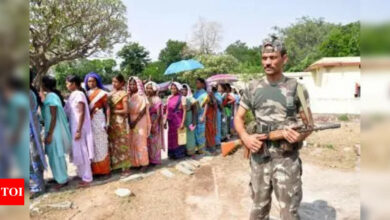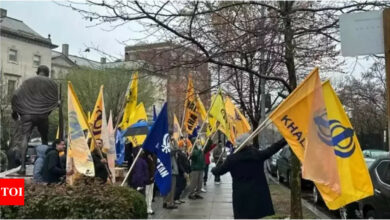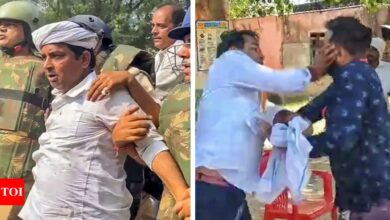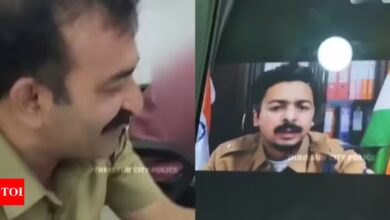India
When young Modi traveled to remote areas on foot and bicycle to understand tribal issues | India News – Times of India
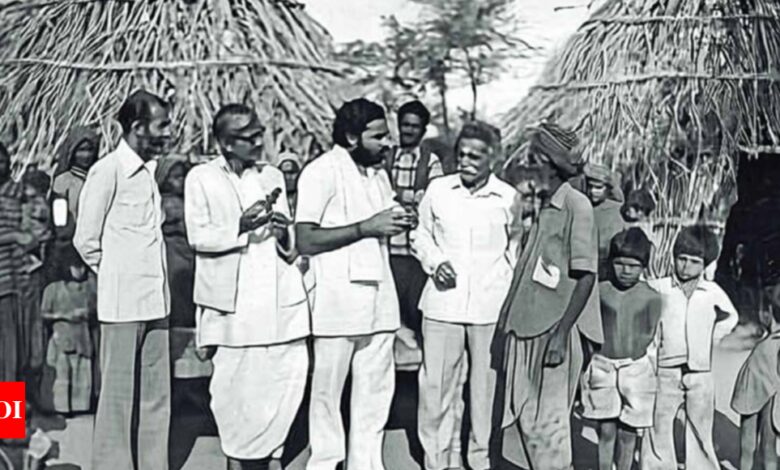
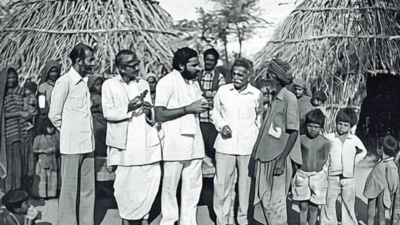

From traveling on foot, bicycle and motorbike through remote areas, Prime Minister Modi’s early experiences shaped his dedication inclusive development.
Here are some crucial moments shared by ‘Modi Archives’ from PM’s early years:
Reflection of poverty and hunger in a child
During one of his visits to a small village, a young Modi was welcomed into the home of a swayamsewak, who lived there with his family. As a gesture of hospitality, the swayamsewak’s wife offered him half a bajra roti and a bowl of milk.
Prime Minister Modi, who had already had breakfast and noticed their young son’s longing gaze on the milk, decided to forego it, realizing it was probably meant for the child. He quietly drank only water with the roti. The child who was left with the milk drank it eagerly. “It was then that Modi realized the deep reality of poverty and hunger in his country,” the X account said.
A powerful speech: twelve days, fifty books
In the early 1980s, as the Vanvasi Kalyan Ashram in Ahmedabad was preparing for its establishment, a fundraising drive was organized, attracting some of the city’s most influential businessmen. Modi, one of the speakers, delivered an impassioned 90-minute speech on the importance of tribal development, drawing on extensive research from more than 50 books he studied in just 12 days.
“Among the speakers was a young Narendra Modi, who took the stage and delivered a powerful 90-minute speech on the importance of tribal development. Speaking with a passion and conviction that touched every heart in the room, Narendra Modi’s words were so moving that many businessmen offered blank checks as donations, placing full faith in his vision,” according to Modi Archives.
Prime Minister Modi questioned India’s poverty despite 38 years of independence
In a 1985 speech, Prime Minister Modi wondered why resource-rich India was still struggling with poverty despite 38 years of independence. His speech delved into the plight of marginalized and tribal communities and challenged the audience to reflect on the true causes of underdevelopment.
“We have a rich source of manpower. We are also not lagging behind in the field of natural resources. Despite all efforts, the question repeatedly arises in our minds: why is our country not making progress? Why are we unable to stand before the world with pride? We once attributed this condition to the lack of independence, believing that our suffering was due to colonial rule. But now, even with freedom, our challenges remain 38 years later,” Prime Minister Modi said in the speech.
Prime Minister Modi referred to Ramayana to combat inequality
In a 2000 speech, Prime Minister Modi reflected on social inclusion rooted in India’s rich cultural heritage. Speaking about social inclusivity, Prime Minister Modi had narrated the story of Lord Ram, specifically mentioning Vanar Sena and Mata Shabari.
“Society exists amidst high and low differences and is governed by the values of the untouchables and the touchables. Therefore, there is a specific need to teach not the Ram-Bhakti of Shabri, but the Shabri-Bhakti of Shri Ram,” Prime Minister Modi said.

